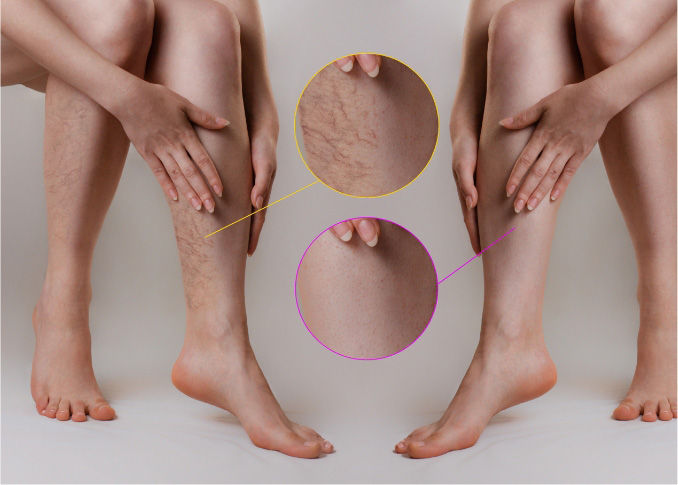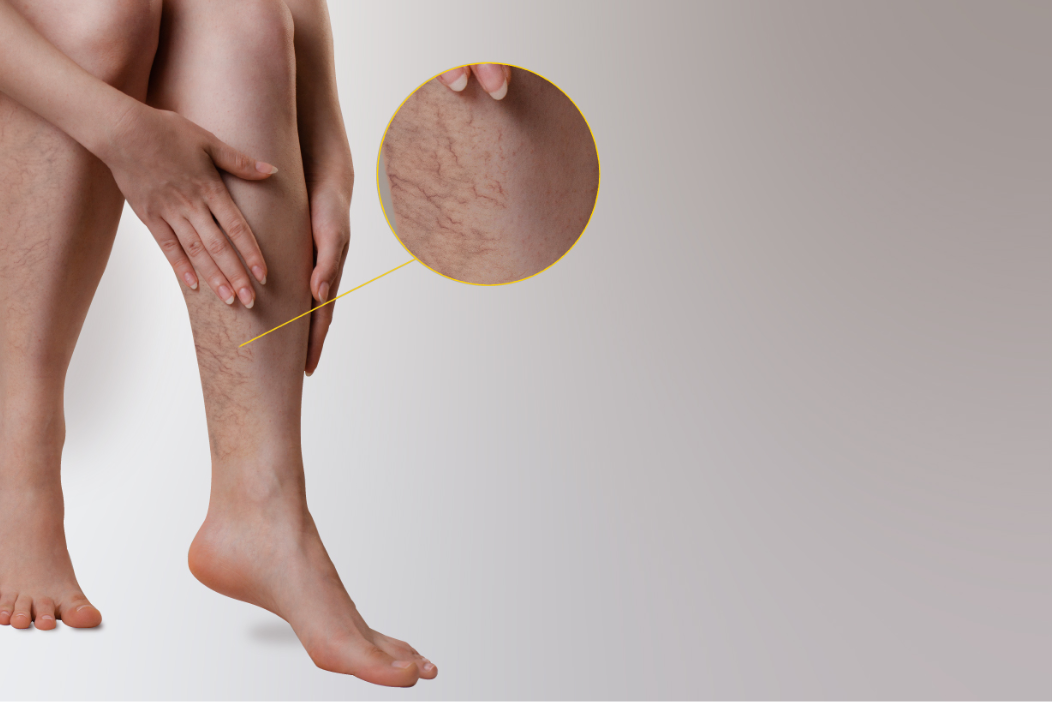Before finding a specialist, let's gain a better understanding of varicose veins. These enlarged, twisted veins often appear on the legs and can cause pain, itching, and soreness. They are primarily caused by weak valves and poor blood circulation, which causes blood to pool in the veins.
The Importance of a Varicose Veins Specialist
While primary care physicians can offer general advice, consulting a specialist is highly recommended for varicose veins treatment.
What kind of doctor is a vein specialist? A varicose veins specialist, a phlebologist, is a medical professional with expertise in diagnosing and treating venous disorders. They have access to cutting-edge care alternatives that are customized for your disease and possess specific understanding.
Tips for Choosing the Best Varicose Veins Specialist
1. Credentials and Qualifications
When you are searching for a specialist's credentials and qualifications, first look for one. Look for board certification in vascular or venous medicine, as this indicates that the specialist has undergone rigorous training and has met the necessary standards for practice.

2. Experience and Expertise
Experience matters significantly when dealing with varicose veins. Inquire about the specialist's experience treating varicose veins and the number of procedures they have performed. An experienced specialist is more likely to provide accurate diagnoses and effective treatments.
3. Advanced Treatment Options
A first-rate varicose veins specialist will provide a variety of cutting-edge therapy choices. Traditional treatments like vein stripping have been largely replaced by minimally invasive procedures such as endovenous laser ablation (EVLA), radiofrequency ablation (RFA), and sclerotherapy. Make sure the expert has a thorough understanding of these modern techniques.
4. what is a varicose vein specialist called
If you have a question about that, what is a vein doctor called?
Vein doctors, called vascular surgeons, vascular specialists, or Vascular doctors, treat vascular problems. They treat various problems involving arteries and veins, such as blocked or narrow blood vessels.
5. what does a vein clinic do
There are a lot of different doctors available. Each has a different specialization, making them experts in different subcategories of medal care. Vein clinics often treat a variety of vein-related conditions.The following are a few of the most typical ailments that vein clinics treat:
? Chronic Venous Insufficiency (CVI)
? Varicose and Spider Veins
? Carotid Artery Disease (CAD)
? Peripheral Artery Disease (PAD)
? Deep Vein Thrombosis (DVT)
6. Positive Reviews and Testimonials
Examining evaluations and experiences from past clients can provide important information about the quality of care and results of therapy provided by the professional. Seek for testimonials and success stories regarding the treatments for varicose veins.
7. Personalized Treatment Plans
Every patient is unique, and the right specialist will devise personalized treatment plans based on individual needs and conditions. Avoid one-size-fits-all approaches and opt for a specialist who takes the time to understand your situation thoroughly.
8. Convenient Location
Frequent visits to the specialist might be necessary, especially during the initial stages of treatment. Choosing a specialist with a convenient location can make the entire treatment process more manageable and less stressful.

9. Insurance Coverage
Before beginning any procedures, it's important to find out if your insurance covers varicose vein treatments, as they can be expensive. To find out what costs are covered, speak with the specialist's office and your insurance carrier.
10. Patient-Focused Approach
Comfort and contentment of the patient are the top priorities for a reliable varicose veins specialist. They ought to be personable, open to discussing your worries, and committed to giving you top-notch care all through the course of your treatment.
11. Modern Facilities
Make sure the specialist's clinic or treatment center has the state-of-the-art tools and facilities required for a thorough assessment and varicose vein treatment.
12. Seek Recommendations
Never be afraid to ask friends, relatives, or other medical professionals for recommendations. Word-of-mouth referrals can lead you to trustworthy specialists with a track record of successful outcomes.
13. what to expect at a vein clinic
First, you can't speak for what you can expect from all vein clinics in general. You can only speak for yourselves because every vein clinic has its own set of procedures and preferred courses of therapy.
When you make an appointment at a vein clinic nearby, you can expect free insurance verification before your appointment. Furthermore, you should consider whether the vein clinic's location is a good fit for you while making your choice. Also, check out the other services.